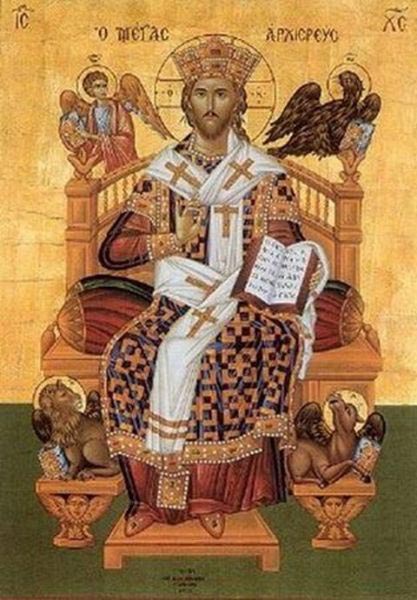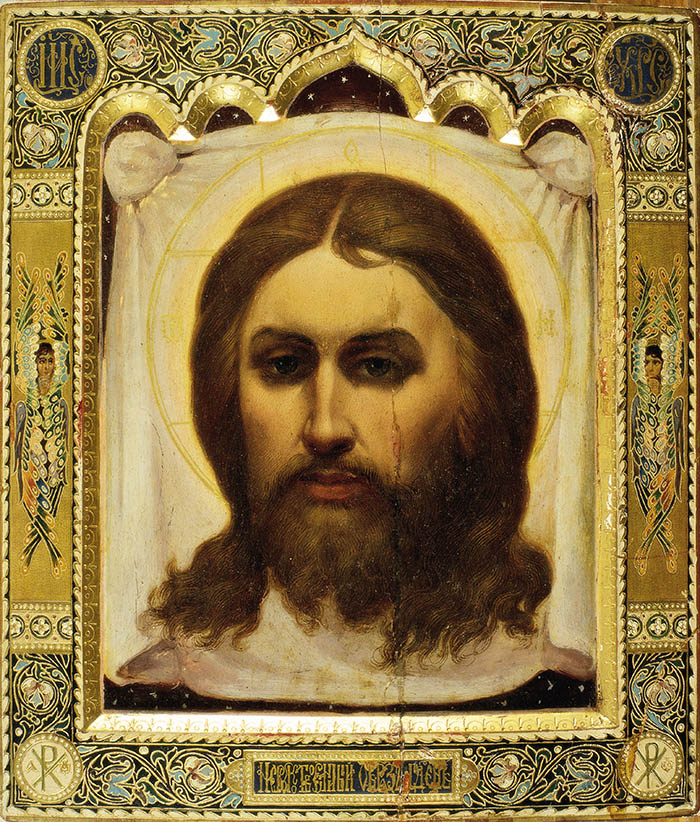

#Book of sophia jesus full#
For example, the Bible is full of poetic language that speaks in personified metaphors rather than pure scientific rhetoric. Finally, one must acknowledge that poetry can contain elements that are clearly not to be taken literally. Such a position excludes any mention of a goddess or secondary deity. There is one God who eternally exists in three persons-the Father, Son, and Holy Spirit (Matthew 28:18 Eph. A proper understanding of feminine personification in relation to this passage and many others is necessary to stay within the framework of biblical doctrine.

First, the Bible must be read for what type of literature it is. The Sophia-goddess controversy leads to some simple conclusions. The Jews would have dismissed the writings of Proverbs just as they did the extra books of the Septuagint that depict late historical instances.

Therefore, to suggest that wisdom is a separate god or goddess alongside God Himself is to blaspheme the name of God, which was punishable by death in the Old Testament. God is the source of all true wisdom (Romans 11:33 James 1:5, 1:17-18, 3:13-17), and, consequently, any reference to wisdom in Scripture that includes divine language should be attributed to His character and nature. In other words, wisdom here is praising itself by making claims that only belong to God. History tells us that many of the earliest cultures used the personification of deity so the divine being could praise itself. Wisdom declares her supremacy in the gifts she is able to bestow from the creation of the world. In this case, Proverbs 8:22-31 is often quoted to support Sophia goddess worship. For instance, meaning should always be determined by its context. Rather, the astute reader will exegete, or draw out from the text, in accordance with good Bible study methods. By definition, personification is "the attribution of a personal nature or character to inanimate objects or abstract notions, such as rhetorical figure."Ĭlearly, no reader of Scripture can say personification does not occur. The focus of the argument says that towards the end of the Old Testament, specifically in Proverbs, the feminine noun for “wisdom” ( chokmah in Hebrew) was personified. Just as Arius looked to the personification of wisdom in literature to support his false stance on Christ, Sophists garner the majority of their theological thrust from the first nine chapters of the book of Proverbs. Most recently, Sophia goddess worship has been embraced by laypeople and clergy alike. There, participants worshiped Sophia freely, advocated praying to trees in nature, cast off the need for the atoning work of Jesus Christ, declared God the Father was an "abusive parent" in sending Jesus to die for the sins of humanity, and issued an ultimatum for the continued progress of Sophia worship in congregational gatherings. Various trends continued through the next two decades until it climaxed in 1993 when the Re-Imagining Conference was held in Minnesota. The goddess’s characteristics were likened to that of the Trinity, noting perhaps that she is a fourth member left out by the early patriarchal church fathers.

Recall that Gnosticism in itself sought to discover the "secret wisdom" of God and did not embrace that Jesus was the true God-man. This traces its origins to the time of the Gnostics in the late first and early second centuries. This allowed for a feminine goddess named Sophia to be worshiped freely. His solution was the introduction of the Greek word Sophia, or “wisdom,” into corporate worship. The most notable event occurred when one pastor in the mid-1970s did a survey of his female church population and found that most women were dissatisfied with the portrayal of masculine symbols depicting the God of the Bible. While relying heavily on the book of Proverbs and verses that evangelicals point to as evidence for the Incarnation, adherents to the Sophia goddess movement are gaining numbers by the thousands as conferences are held, books are published, and, most profane of all, worship services for Sophia in the name of Jesus Christ are held each year across the United States and around the world.Īlthough goddess worship can be traced back as far as the earliest civilizations (the Romans gave Sophia the title “god of wisdom”), the most recent uprising occurred after the social reforms of the 1960s and ‘70s in America. In fact, no one by the name of Sophia is even mentioned in the Bible. The Bible does not teach that Sophia is the goddess of wisdom.


 0 kommentar(er)
0 kommentar(er)
